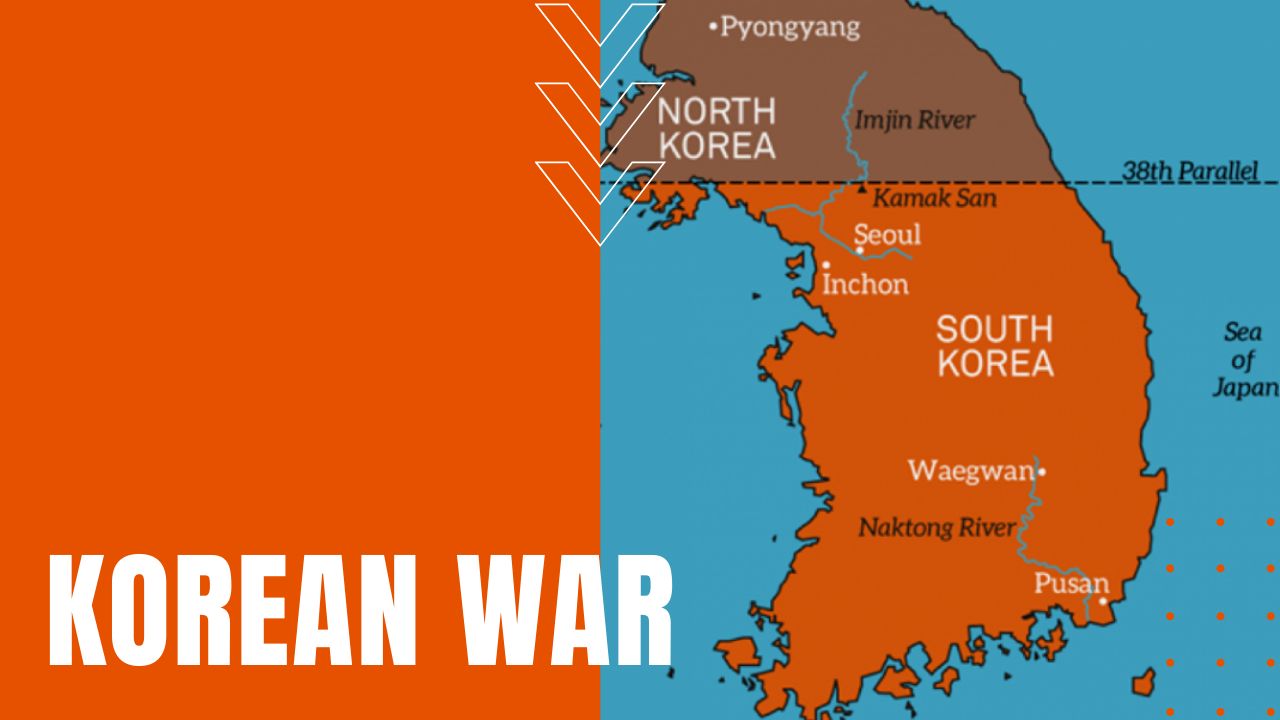The Korean War: Causes, Combatants, Casualties and China

Nearing the end of the Second World War, Japan’s imperial possession of the Korean Peninsula was divided into the Soviet-backed north and the American-backed south, until on June 25th, 1950, when some 75,000 North Korean soldiers poured across the 38th parallel that divided the north from the south.
In response, President Harry S. Truman and his top military advisors viewed the north’s aggression as more than just an ongoing conflict between a long-divided Korea, but rather a war against the spread of Communism, which would ultimately lead to wider conflicts with the Soviet Union and China. In the minds of Truman and his advisors, nonintervention was not an option, prompting Truman to explain that “if we let Korea down, the Soviets will keep right on going and swallow up one place after another.”
America Enters Korean War
By the time American fighting men entered the Korean Peninsula, North Korean troops had already reached Seoul, the South Korean capital, marking the Korean War as the first major conflict during the 45-year Cold War between the Soviets and the West. Beginning as a defensive war aimed at pushing the communists out of the south, the Americans found themselves in bed with poorly-trained South Korean soldiers who fled battlefields at the slightest provocation, until Truman and Asian Theater commander, General Douglas MacArthur changed the American objective into an offensive war.
China Threatens War
The strategy shift would see a massive amphibious landing at Inch’on, which pushed North Korean forces back across the 38th parallel, but when the Americans pushed farther north to the Yalu River and the Chinese border, Chinese leader Mao Zedong sent troops into North Korea, threatening an all-out war with the United States if the Americans failed to pull back from the Yalu boundary.
President Truman had no stomach for an armed conflict with China, resulting in an American pullback from the border, while MacArthur maintained that anything short of a wider war represented a knuckling under to communist threats. In a March 1951 letter to House Republican leader Joseph Martin, MacArthur wrote that there is “no substitute for victory” against international communism, prompting Truman to fire the storied World War Two general on April 11th, on the grounds of insubordination.
When Did The Korean War End?
Known as the forgotten war due to overshadowing caused by World War One, World War Two and later Vietnam, the Korean War was ended on July 27th, 1953, reestablishing the boundary between North and South Korea near the 38th parallel, along with the creation of a two-mile-wide demilitarized zone that still exists to this day.
Nearly five million people died in the conflict, including some ten percent of Korea’s prewar civilian population. Nearly 40,000 American soldiers died in the war, along with more than 100,000 wounded in action, making the Korean War one of the shortest yet costly wars in American history.
